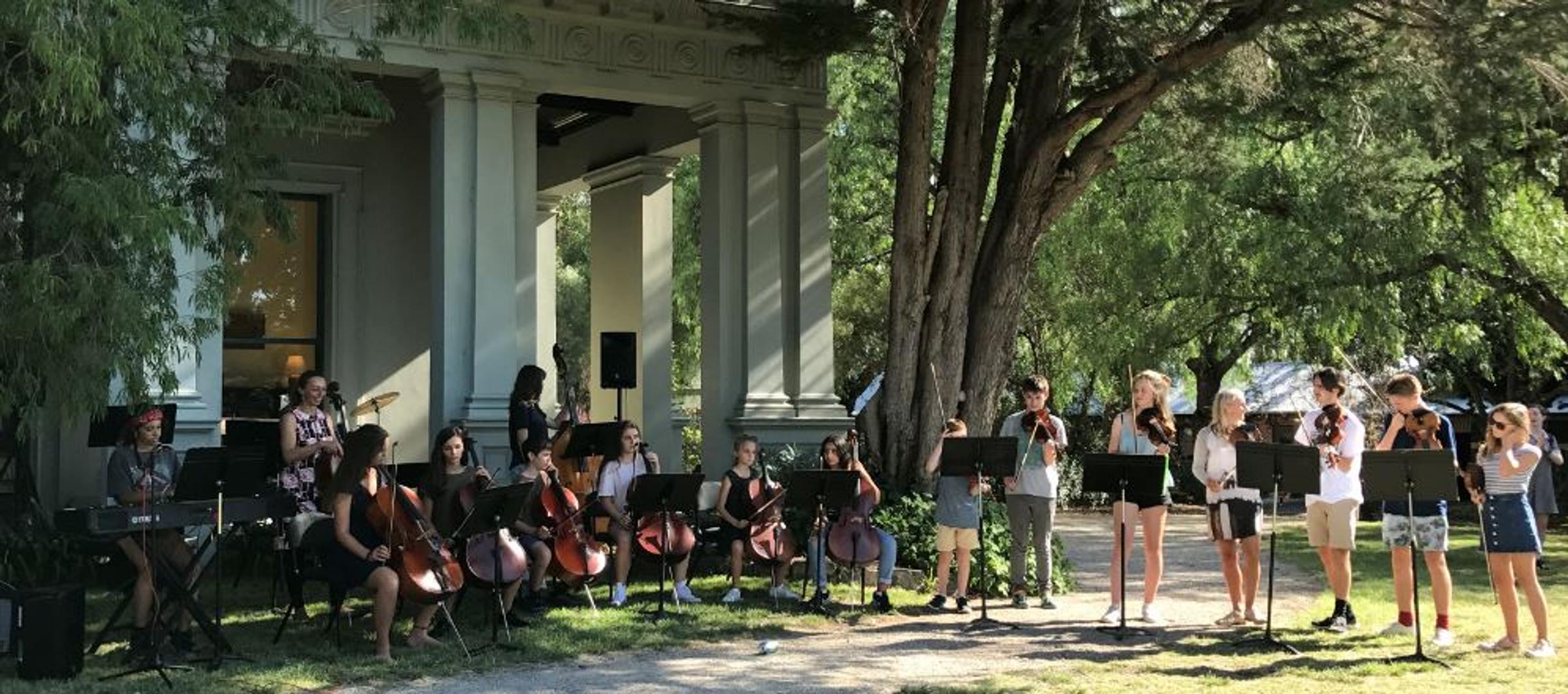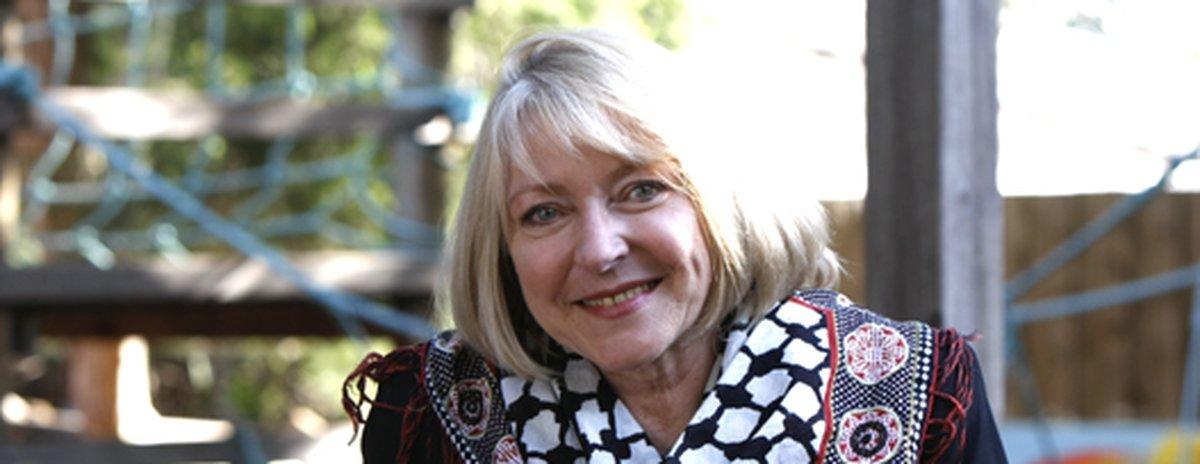From the Principal

Music to our ears
It’s not hard to find evidence that music is good for us.
Lately this message has been reinforced from a number of different sources. For example, the Melbourne Symphony Orchestra’s annual Education Appeal explains that not only is listening to music good for your brain, but playing music is even better:
“Nearly every area of the brain works at once to play music – some researchers call it the brain’s equivalent of a full body workout. Not only do signals move faster throughout the brains of musicians but musicians also have more advanced memories – they are better at creating, storing and retrieving memories – than non-musicians…. And those who start before the age of seven reap the most benefits of learning music. In all recent studies it is only music education that has the power to improve concentration and learning, problem-solving and key skills like planning, strategising and attention to detail."
A recent study by a neuroscientist at Macquarie University showed that “children exposed to at least a year and a half of private music lessons have an edge when it comes to detecting patterns in the world around us, with musical instrument training making their brains better at statistical learning. This is a key building block of learning a language, learning to read and also learning a second language."
It is interesting to note how prevalent the need is to somehow justify teaching music because of its indirect benefit to other, more traditionally valued, areas of learning. For example, there have been seemingly countless attempts to prove, and measure, the impact of learning a musical instrument on mathematical achievement.
Richard Gill, one of Australia’s most passionate and forthright musical educators, has experienced the impact of his own exclusion from learning music as a young child and the disadvantage he struggled to overcome as an older music student. As an educator, and self-professed agitator for better music education in schools, he believes in encouraging children to compose, to improvise and invent , rather than crushing their creativity under the weight of demanding they learn and reproduce music that has no real relevance to them. “At college we were taught that there was no point in teaching singing and that everything about it was dumb. In my view, it begins absolutely with singing, as early as possible. If you can nail that, you have opened up the world to kids in a really special way.”
Surely opening up the world to kids is exactly what we should all be focused on doing in schools. At Arlington we include every child in School singing and have a vibrant classroom music program which continues right up to Year 12. Karoline Kuti, Michelle Berner and John Collins are inspirational teachers and we are committed to, and very proud of, the rich ensemble and instrumental program across the whole School.
Whether music makes us ‘better’ at something else, whether it lifts our spirits, allows creative expression, allows us to share some universal human experience, or just makes us happy, there is no doubt that it is ‘good for us’!
Come and do yourself some good at the Jazz night to be held on Thursday 1 June in Canterbury's recently renovated Emulation Hall - it promises to be a great night of entertainment by our very talented students.
Marilyn Smith
Principal

